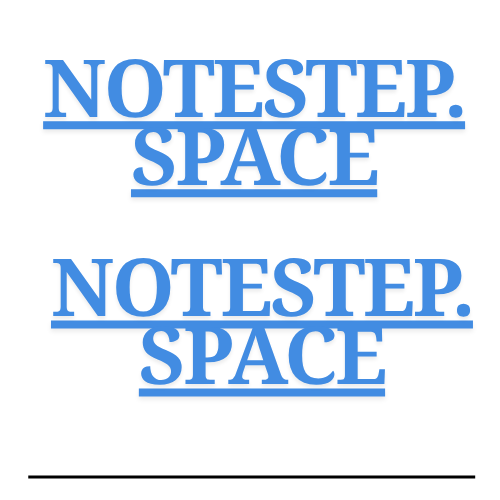Breaking into the tech industry may seem intimidating, especially if you have no formal education, previous experience, or technical background. But here’s the truth: thousands of people start successful careers in tech every year — from scratch. The modern technology landscape is filled with opportunity, and with the right mindset and strategy, anyone can carve out a future in this high-growth industry.
In this guide, we’ll explore how you can go from complete beginner to entry-level tech professional without needing a computer science degree or years of coding behind you.
Step 1: Understand the Tech Landscape
“Tech” is a huge field. Before you dive in, take some time to understand the variety of roles available and find what genuinely excites you. Here’s a quick breakdown of some beginner-friendly paths:
| Career Path | Description | Tools to Learn |
|---|---|---|
| Frontend Development | Builds websites and user interfaces | HTML, CSS, JavaScript |
| Backend Development | Works with servers, databases, APIs | Python, Node.js, SQL |
| Data Analysis | Turns data into insights | Python, Excel, SQL, Tableau |
| QA Testing | Tests software for bugs | Selenium, JIRA, Postman |
| IT Support | Helps users with technical issues | Windows/Linux, networking |
| UX/UI Design | Focuses on user experience and interface design | Figma, Adobe XD |
The point here is: you don’t have to be a programmer to work in tech. Start with what aligns with your natural interests.
Step 2: Choose One Path and Learn the Basics
Once you’ve chosen a direction, it’s time to start learning. The good news? You don’t need to go back to university or spend thousands. There are affordable (and even free) ways to learn tech skills today:
- Online Courses (Coursera, notestep.space, freeCodeCamp)
- YouTube tutorials
- Interactive platforms like Codecademy or Scrimba
- Project-based learning: Build things that interest you
If you’re aiming to become a developer, start with something like:
bashКопіюватиРедагуватиHTML → CSS → JavaScript → Git → Basic Projects → GitHub Portfolio
If data is your thing, you can begin with:
bashКопіюватиРедагуватиExcel → Python → Pandas → SQL → Data Visualization → Dashboards
It’s not about learning everything — it’s about learning one thing well enough to build something.
Step 3: Build a Simple Portfolio
Even with no experience, a few small projects can speak volumes. A solid portfolio helps employers see your passion and potential.
Ideas for beginner projects:
- A personal website with your resume
- A simple to-do list app
- A weather app using a public API
- A data dashboard showing COVID stats
- A redesign of an app with your UI ideas
Host your work on GitHub or a free platform like Netlify. Add a “ReadMe” to explain what the project does. These small details create a big impact during the hiring process.
Step 4: Connect with the Tech Community
You don’t have to do this alone. Joining online communities and networking can accelerate your progress and help you find mentors or job leads. Try:
- Twitter/X (follow developers and join discussions)
- LinkedIn (post your progress and connect with recruiters)
- Discord servers or Slack groups for tech learners
- Local or virtual meetups and hackathons
People love to help motivated beginners. If you’re open about your journey, you’ll find support.
Step 5: Apply for Jobs (Even If You Feel Underqualified)
Impostor syndrome is real — but don’t let it hold you back. Many companies are hiring for junior, intern, apprentice, and trainee roles that don’t require years of experience.
How to stand out:
- Include your portfolio and GitHub in your resume
- Write a short, honest cover letter focused on your learning journey
- Be ready to show enthusiasm and a willingness to learn
- Apply even if you don’t meet all the requirements
🚀 Fun fact: Many developers got their first job with no degree — just projects, persistence, and passion.
Bonus Tips
- Track your progress publicly (e.g., “100 Days of Code”)
- Practice with real problems on platforms like LeetCode or HackerRank
- Consider freelance work for small local businesses or nonprofits
- Keep learning: the tech world evolves fast
Final Thoughts
You don’t need to be a genius, a math wizard, or someone who’s been coding since childhood to succeed in tech. All you need is curiosity, consistency, and a plan. The road may be challenging at times, but it’s also one of the most rewarding and empowering paths you can take.
At notestep.space, we help absolute beginners become confident tech professionals through focused, practical, beginner-friendly learning paths. If you’re starting with nothing but ambition — you’re in the right place.

